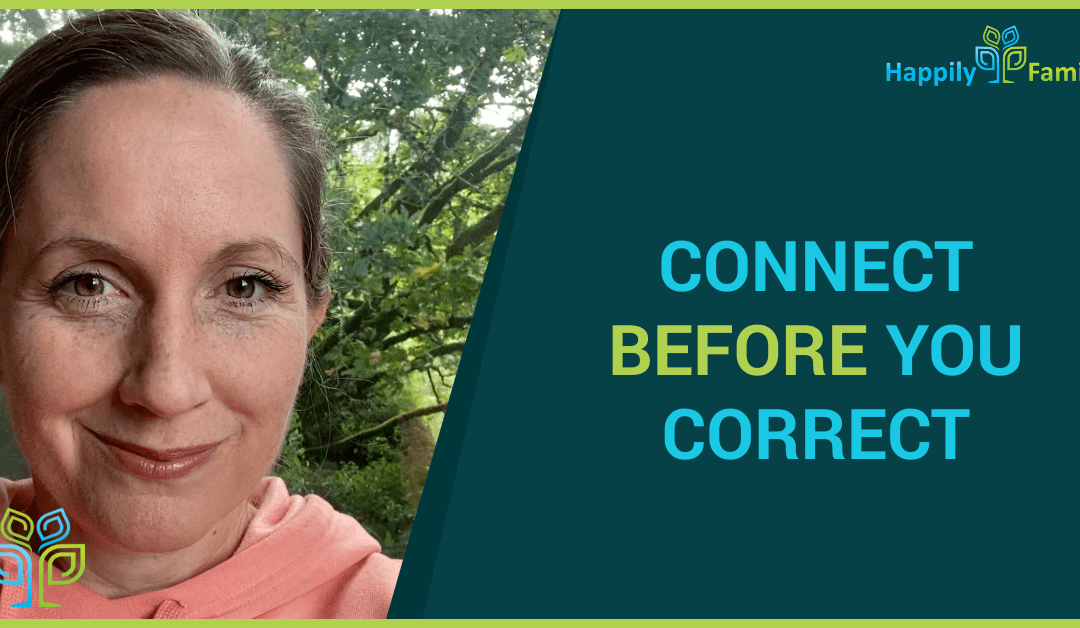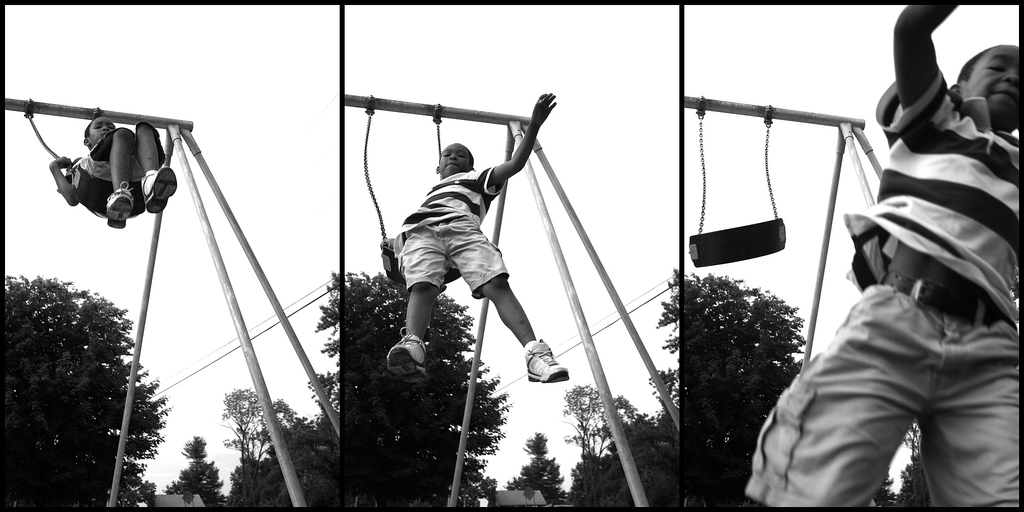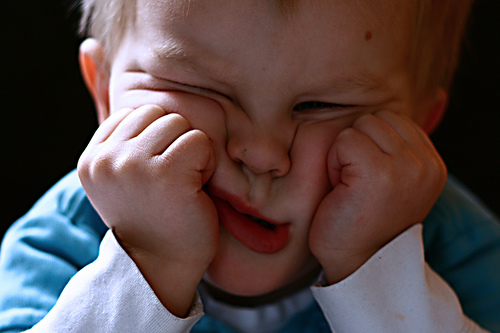Our friend, Dr. Lynyetta Willis, says this to her own kids. It could be the perfect thing to say to your child before you correct their behavior or ask them to do something. (Video is 1 minute, 30 seconds.)
Dr. Lynyetta Willis is a psychologist who helps frustrated families break free from stable misery in their parenting and partnerships so they can create the joy they crave and feel more harmony in their homes.
Take Lynyetta’s quick quiz to discover which of 3 parenting styles you use when you’re triggered.
After reading the blog today, do you want more parenting support from me and meet similar parents?
You and I can personally talk in there if you’re struggling to figure out how to talk to your child.










Communicating unconditional love is great! Where I’m lost is the text suggesting this as connection before correction. I haven’t raised teens yet, so possibly in those years where corrections are more discussions around big value differences or destructive behaviors and they can hold the concept of being loved and corrected together. But for littles it seems really jarring to communicate how celebrated a kid is and follow it up with a message of basically “but your choices or behavior are still disappointing.” Almost makes the love feel conditional. Or encourages poor behavior because that’s when they get the message of love and acceptance they are craving (and should be getting regularly without it being associated with behavior, perceived personality, or anything else that changes with the shifting winds).
I think we probably agree in many ways. We need to give our kids messages of unconditional love a lot of the time (without any requests or correction). We want our kids to frequently hear how loved and cherished they are.
And I think these “unconditional love” messages can also be paired with requests, for example, “You are a little piece of heaven in my life. Did you know that?” followed with “Can you put your shoes away?” can add a lot of warmth and lightness to the request.